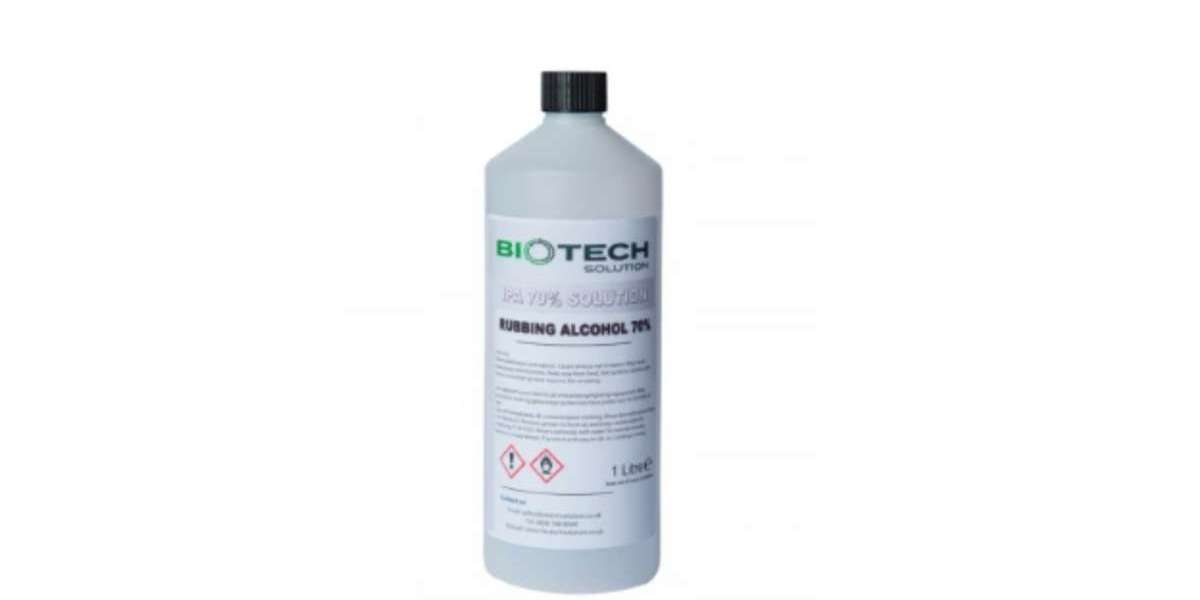Introduction
The global market for milk thistle supplements is experiencing a significant transformation, driven by a growing consumer preference for organic and clean label products. Milk thistle (Silybum marianum), renowned for its active compound silymarin, is increasingly sought after for its purported liver health benefits. As consumers become more health-conscious and discerning about product ingredients, there is a noticeable shift towards supplements that are organically sourced and transparently labeled.
Market Growth and Consumer Demand
The organic milk thistle market is projected to witness substantial growth in the coming years. According to a report by Custom Market Insights, the market size is expected to reach USD 306.2 million in 2024 and grow at a compound annual growth rate (CAGR) of 7.4%, reaching USD 582.2 million by 2033 . This growth is fueled by several factors, including increasing awareness of liver health, a preference for natural remedies, and concerns over the side effects of synthetic drugs.
Consumers are becoming more informed about the sourcing and production processes of the supplements they consume. There is a rising demand for products that are certified organic, non-GMO, and free from additives or contaminants. Transparency in labeling, with clear information on ingredient sourcing and production methods, is becoming a critical factor in purchasing decisions .
The Clean Label Movement
The clean label trend emphasizes transparency, simplicity, and the use of natural ingredients in food and supplements. A study by Innova Market Insights found that more than two-thirds of global consumers are influenced by clean label terminology when making purchasing decisions. In the dietary supplement market, 81% of shoppers consider it important to purchase clean label products .
For milk thistle supplements, this movement translates into a preference for products that list all ingredients clearly, avoid artificial additives, and are produced using sustainable practices. Manufacturers are responding by reformulating products to meet these clean label standards, thereby enhancing consumer trust and satisfaction.
Regional Insights
The demand for organic and clean label milk thistle supplements varies across regions. In Europe, there is a strong emphasis on product quality, transparency, and sustainability. Consumers prioritize organic certifications and eco-friendly packaging, leading to a preference for locally sourced organic products .
The Asia-Pacific region is also witnessing growth in the organic milk thistle market, driven by increasing awareness of the herb’s health benefits and a growing market for organic supplements amidst rising health concerns .
Challenges and Considerations
Despite the positive outlook, there are challenges associated with the production and consumption of organic milk thistle supplements. Studies have reported issues such as microbial contamination, pesticide residues, and mycotoxins in some commercial milk thistle-based dietary supplements. These concerns highlight the need for stringent quality control measures and regulatory oversight to ensure product safety and efficacy .
Additionally, the potential for herb-drug interactions poses a significant restraint on the market demand for milk thistle. Since many individuals may be taking medications for various health conditions, there is concern about how milk thistle supplements could interact with these drugs, leading to adverse effects or reduced effectiveness of medications .
Future Outlook
The shift towards organic and clean label milk thistle supplements is expected to continue as consumers become more health-conscious and demand greater transparency in the products they use. Manufacturers are likely to focus on sustainable sourcing, rigorous quality control, and clear labeling to meet these consumer expectations. Innovation in product formulations, such as combining milk thistle with other complementary herbs or nutrients, may also drive market growth.
As the market evolves, regulatory bodies may implement stricter standards to ensure the safety and efficacy of herbal supplements. This could lead to improved product quality and greater consumer confidence in organic and clean label milk thistle supplements.
Conclusion
The milk thistle supplement market is undergoing a significant transformation, with a clear shift towards organic and clean label products. This change is driven by consumer demand for natural, transparent, and sustainably produced supplements. While challenges remain, the outlook for the organic and clean label milk thistle market is positive, with opportunities for growth and innovation in the coming years.








